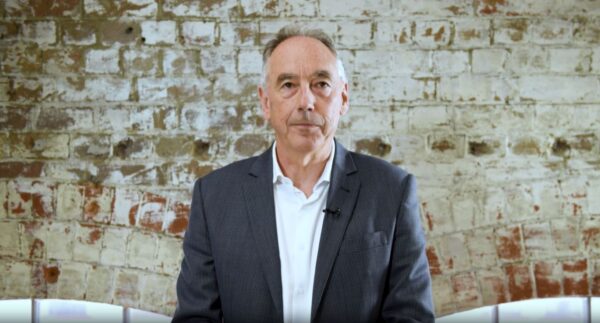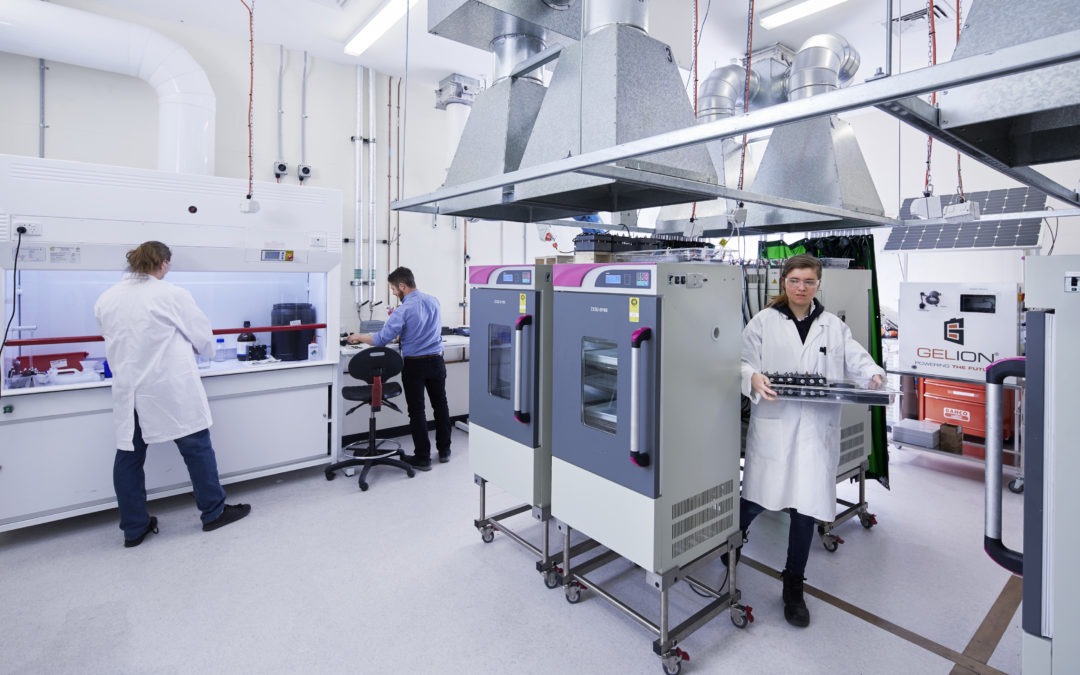Gelion Technologies has stumped up almost $7.75 million (GBP 4.25 million) to purchase an intellectual property (IP) portfolio from British technologies company Johnson Matthey, with the Sydney-based company saying the transaction places it firmly at the forefront of the global battery industry.
The lithium sulfur and silicon anode (LiSiS) patents, spanning 82 patent families, include solid and liquid electrolytes, disordered rock salt, electrode formulation, and battery materials recycling. The acquisition also includes technology transfer packages, cell designs and manufacturing protocols for Li-S cells, market and portfolio analysis, and manufacturing design and cost models.
Gelion Chief Executive Officer John Wood said the new IP portfolio, in combination with the company’s existing IP, could hold the key to developing and manufacturing the world’s most advanced battery technology here in Australia.
“This positions Australian research and development at the front edge of the global battery wave. We now own the technology to become a renewable energy superpower,” he said.
“The importance of this acquisition cannot be understated, not just to Gelion but also to Australian research and manufacturing as a whole.”
“Lithium sulfur is widely tipped as the next big stage of the lithium energy storage industry, and with this IP portfolio, Gelion intends to build the world’s best battery.”
Gelion, which late last year launched a zinc-bromide battery manufacturing facility in western Sydney, has backed lithium sulfur as the next dominant battery technology, saying it already offers higher energy densities and lower costs than the lithium-ion alternatives.

Image: Gelion Technologies
Gelion said it has “for some time” been developing LiSiS technology with the aim to improve the safety, longevity and energy density of lithium-based batteries for mobile applications and the IP acquisition “significantly” strengthens the company’s own technology.
Wood said the combination of Gelion’s existing technology, and the new IP portfolio has the potential to resolve the issue of sulfur management which has been identified as a critical issue for lithium sulfur batteries and eliminate the reliance on the maturity of lithium metal anodes as the lithium sulfur cathodes developed by Gelion are compatible with graphitic, silicon, and lithium metal anodes.
Wood said the acquisition will help Gelion to move rapidly from research to commercialisation and provide Australia with an opportunity to develop upstream and downstream manufacturing capabilities.
“By combining the strengths of both portfolios, we can offer a clear pathway to a commercially viable product, providing us with a crucial strategic advantage in a highly competitive market,” he said.
“We believe it opens paths to deliver higher energy density, lower cost, and higher safety outcomes on paths that are years faster than alternate industry initiatives.”
Gelion said this presents a compelling commercial proposition for a range of markets including electric vehicles, e-aviation and drones and it will now focus on advancing its technology with a view towards scaling globally.
“This includes developing the zinc bromide cells …and our lithium sulfur and lithium silicon sulfur technologies,” the company said.
This content is protected by copyright and may not be reused. If you want to cooperate with us and would like to reuse some of our content, please contact: editors@pv-magazine.com.









By submitting this form you agree to pv magazine using your data for the purposes of publishing your comment.
Your personal data will only be disclosed or otherwise transmitted to third parties for the purposes of spam filtering or if this is necessary for technical maintenance of the website. Any other transfer to third parties will not take place unless this is justified on the basis of applicable data protection regulations or if pv magazine is legally obliged to do so.
You may revoke this consent at any time with effect for the future, in which case your personal data will be deleted immediately. Otherwise, your data will be deleted if pv magazine has processed your request or the purpose of data storage is fulfilled.
Further information on data privacy can be found in our Data Protection Policy.